Organizers
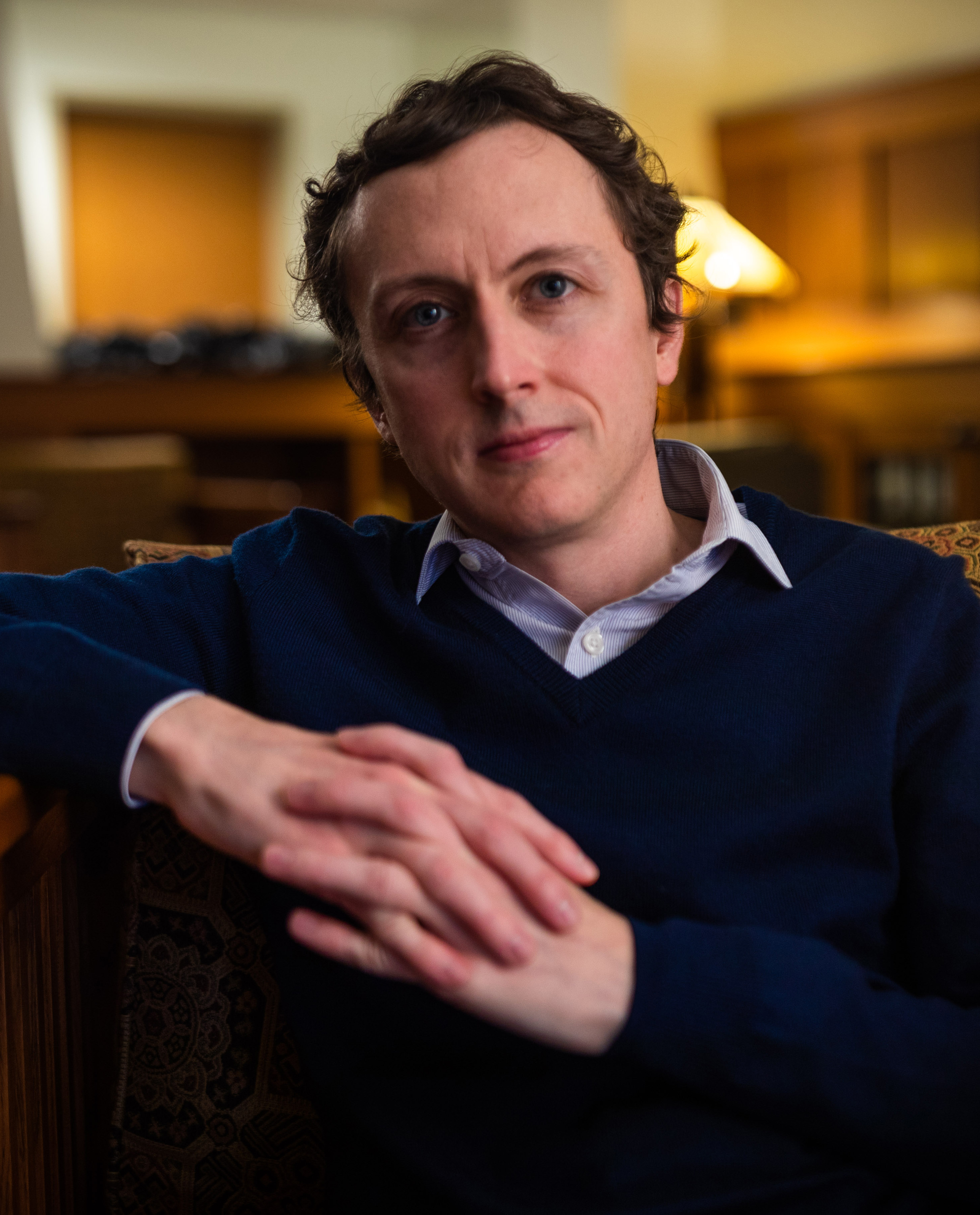
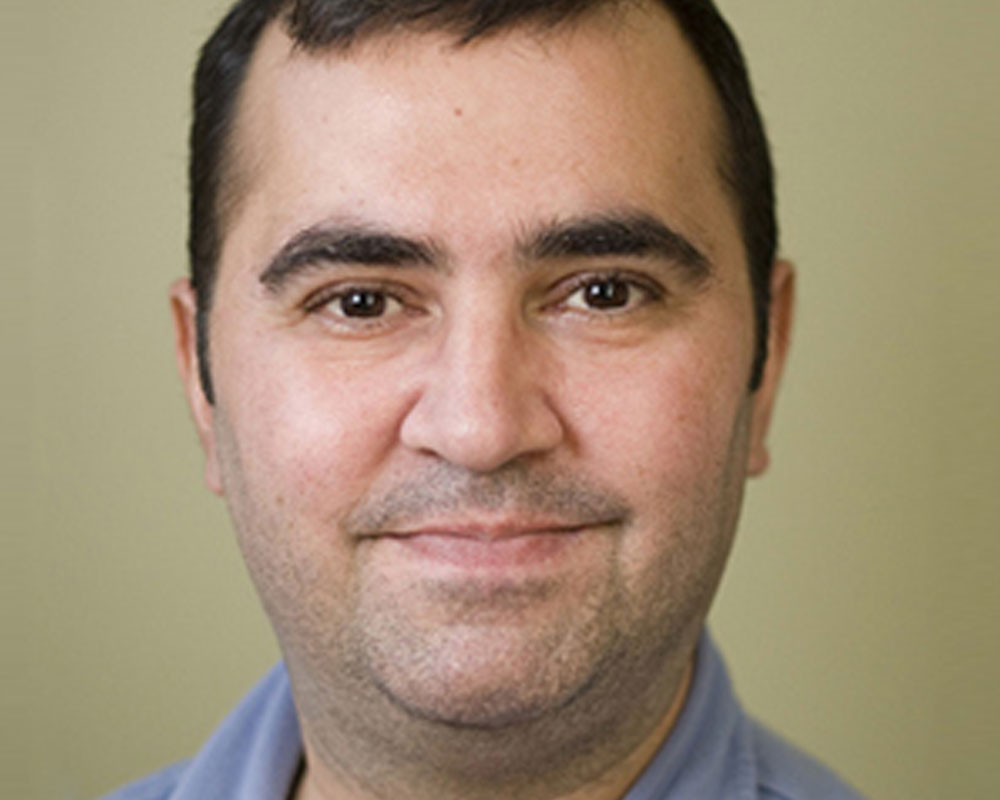



Bio
David Crandall is the Luddy Professor of Computer Science and Director of the Luddy Artificial Intelligence Center at Indiana University. He obtained the Ph.D. in Computer Science from Cornell University in 2008, and was a Postdoctoral Research Associate at Cornell from 2008-2010. He received the B.S. and M.S. degrees in Computer Science and Engineering from the Pennsylvania State University in 2001, and was a Senior Research Scientist at Eastman Kodak Company from 2001-2003. Since joining IU in 2010, he has been PI or Co-PI on over $24 million in research grants and contracts, has published over 200 technical articles in top international venues, and has received best paper awards or nominations in CVPR, WWW, CHI, ICCV, and ICDL. He has served as an Associate Editor of the IEEE Transactions on Pattern Analysis and Machine Intelligence and the IEEE Transactions on Multimedia, has been an Area Chair for CVPR, ICCV, ECCV, WACV, AAAI, ICML, NeurIPS, and IJCAI, and Program Chair for WACV 2023, CVPR 2024, and ICDL 2024. He has received an NSF CAREER award (2013), two Google Faculty Research Awards (2014 and 2020), an IU Trustees Teaching Award (2017), a Grant Thornton Fellowship (2019), a Luddy Professorship (2021), a Distinguished …

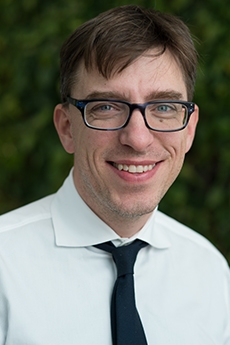
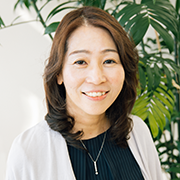

Bio
Dr. Yoshitomo Matsubara is a Research Scientist at Yahoo! and an ML OSS developer. He completed the Ph.D. program in Computer Science at University of California, Irvine (UCI) and worked on deep learning for resource-constrained edge computing systems with Profs. Marco Levorato, Stephan Mandt, and Sameer Singh. Before UCI, he obtained his Master and Bachelor degrees at University of Hyogo and National Institute of Technology, Akashi College, Japan, respectively.
His main research interests are in machine learning, natural language processing, computer vision, information retrieval, and symbolic regression. For deep learning, his main interests are in knowledge distillation and supervised compression. He is also a developer of ML OSS: torchdistill (PyTorch Ecosystem) and sc2bench.
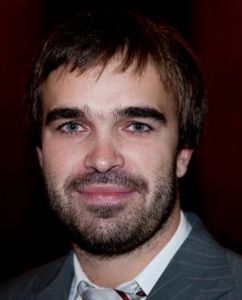
Bio
Vitomir Štruc is a Professor at the University of Ljubljana, Slovenia. He received his doctoral degree from the Faculty of Electrical Engineering in Ljubljana in 2010. Vitomir's research interests include problems related to biometrics, computer vision, image processing, pattern recognition and machine learning. He (co-)authored more than 150 research papers for leading international peer reviewed journals and conferences in these and related areas. He served in different capacities on the organizing committees of several top-tier vision conferences, including IEEE Face and Gesture, ICB, WACV, IJCB and CVPR. Vitomir is a Senior Area Editor for the IEEE Transactions on Information Forensics and Security, a Subject Editor for Elsevier’s Signal Processing and an Associate Editor for Pattern Recognition, and IET Biometrics. He served as an Area Chair for WACV 2018, 2019, 2020, ICPR 2018, 2022, Eusipco 2019 and FG 2020, 2021, 2023 and IJCB 2022 and 2024, and as the Program Chair for IJCB 2020, 2025 and IWBF 2022, 2023. Currently, he acts as a Program Co-Chair for FG 2024 and WACV 2025. Dr. Struc is a Senior member of the IEEE, a member of IAPR and EURASIP, Slovenia’s national contact point for the European Association for Biometrics (EAB) and the former …
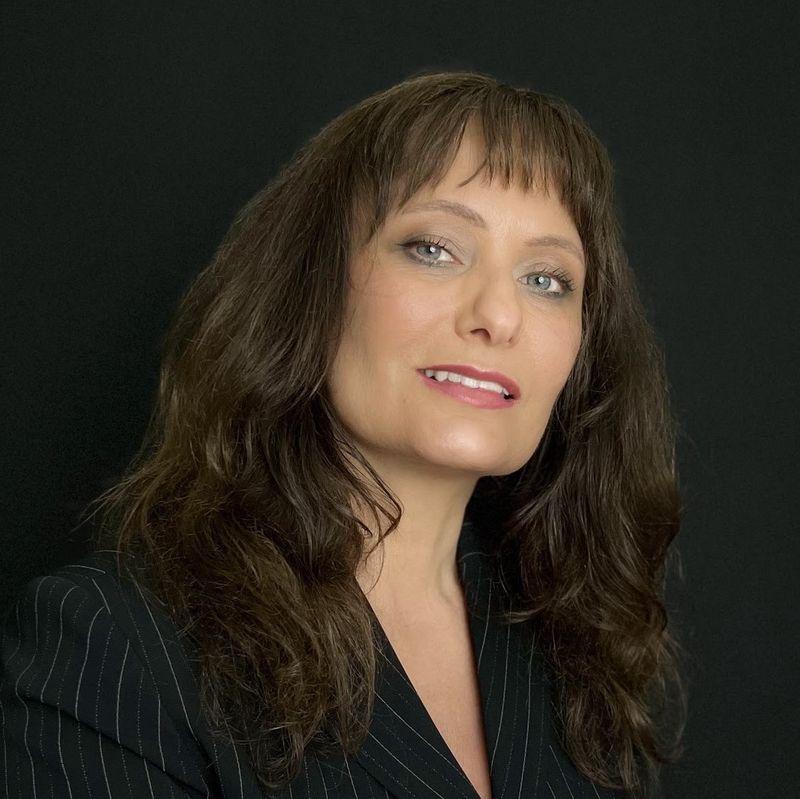
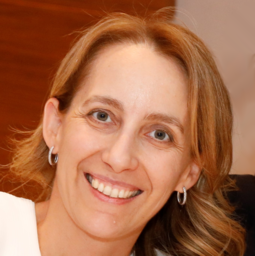
Bio
Dr. Luisa Verdoliva is Full Professor at University Federico II of Naples, Italy, where she leads the Multimedia Forensics Lab. In 2018 she has been visiting professor at Friedrich-Alexander-University (FAU) and in 2019-2020 she has been visiting scientist at Google AI in San Francisco. Her scientific interests are in the field of image and video processing, with main contributions in the area of multimedia forensics. She has actively contributed to the academic community through service as general Chair of WACV 2024 and ACM IH&MMSec 2019, technical Chair of IJCB 2023, WIFS 2019 and ACM IH&MMSec 2021. She served as an area Chair for ICASSP (2021-2024), FG 2024, ICIP (2017-2023) WACV 2021 and IJCB 2022. She is Deputy Editor-in Chief for IEEE Transactions on Information Forensics and Security and SPS Representative of the IEEE Security and Privacy Magazine. Dr. Verdoliva has been Chair of the IEEE Information Forensics and Security Technical Committee (2021-2022) and is currently Chair of the Eurasip Signal and Data Analytics for Machine Learning Special Area Teams. She is the recipient of the 2018 Google Faculty Award for Machine Perception and a TUM-IAS Hans Fischer Senior Fellowship (2020-2024). She is IEEE Fellow.
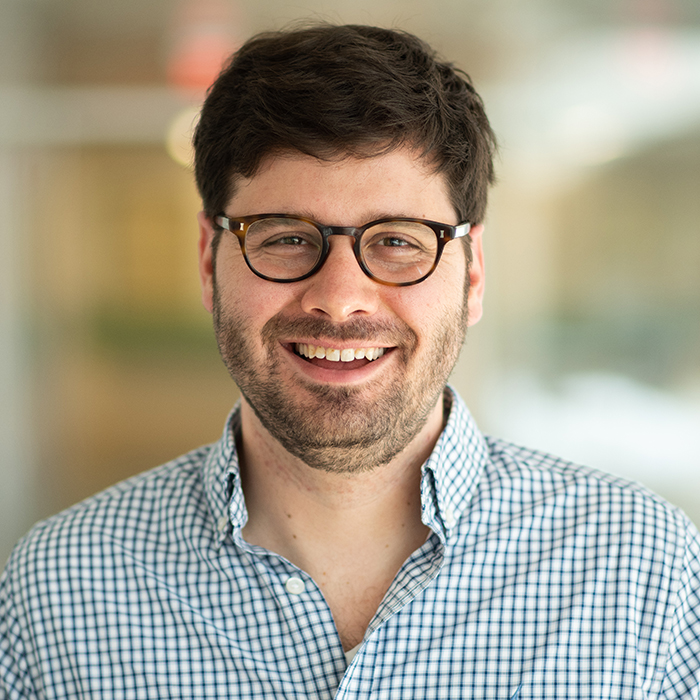


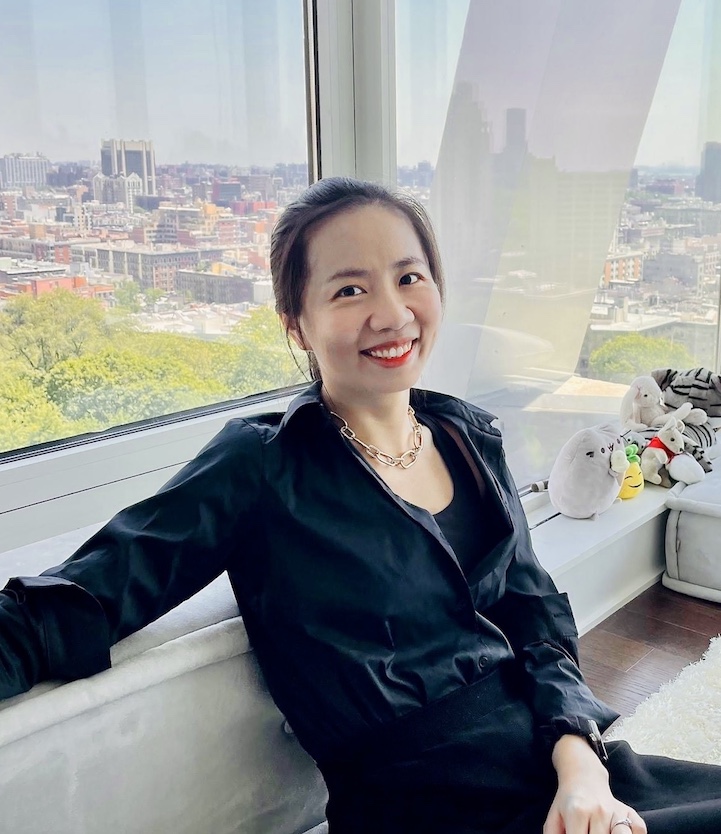
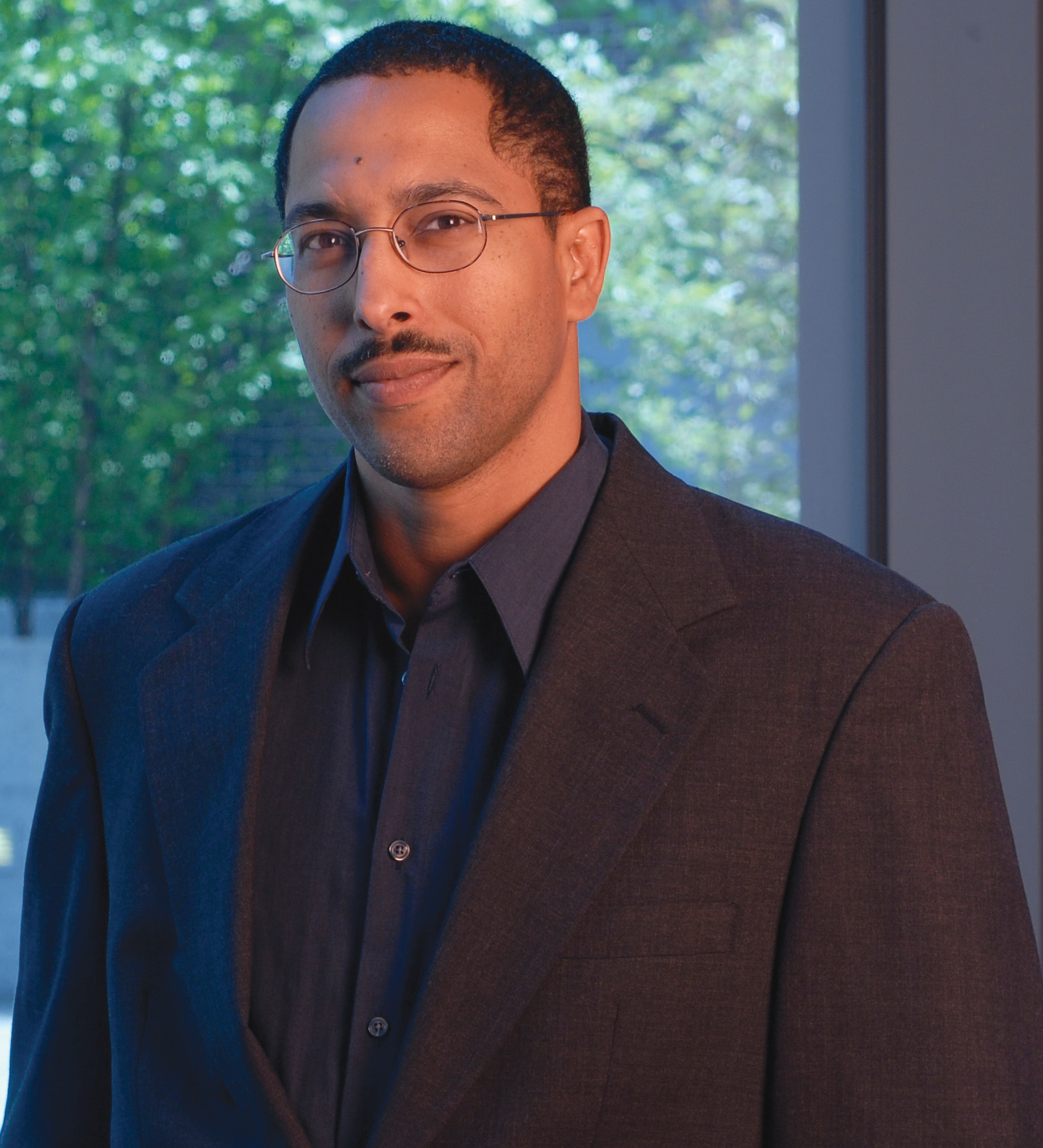
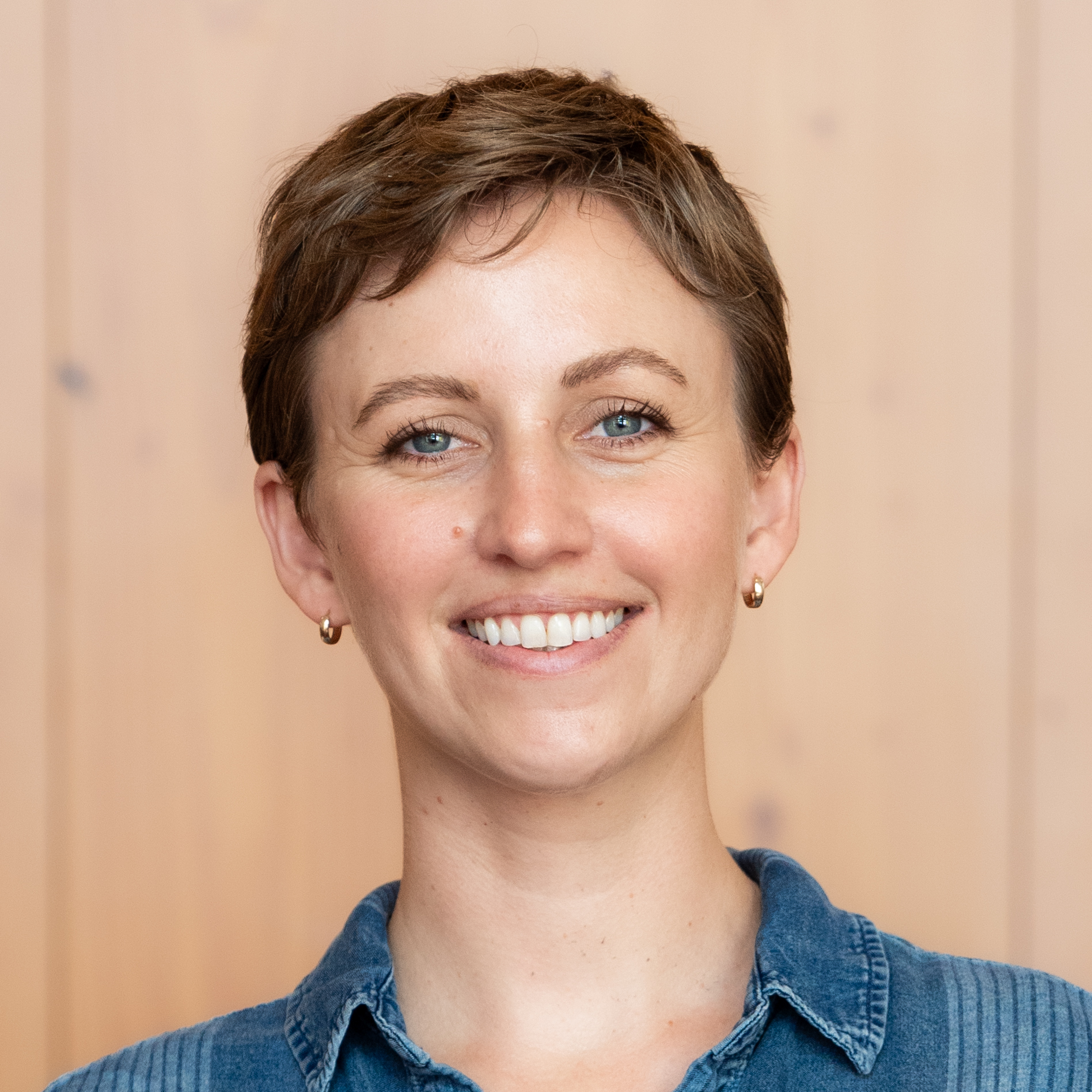


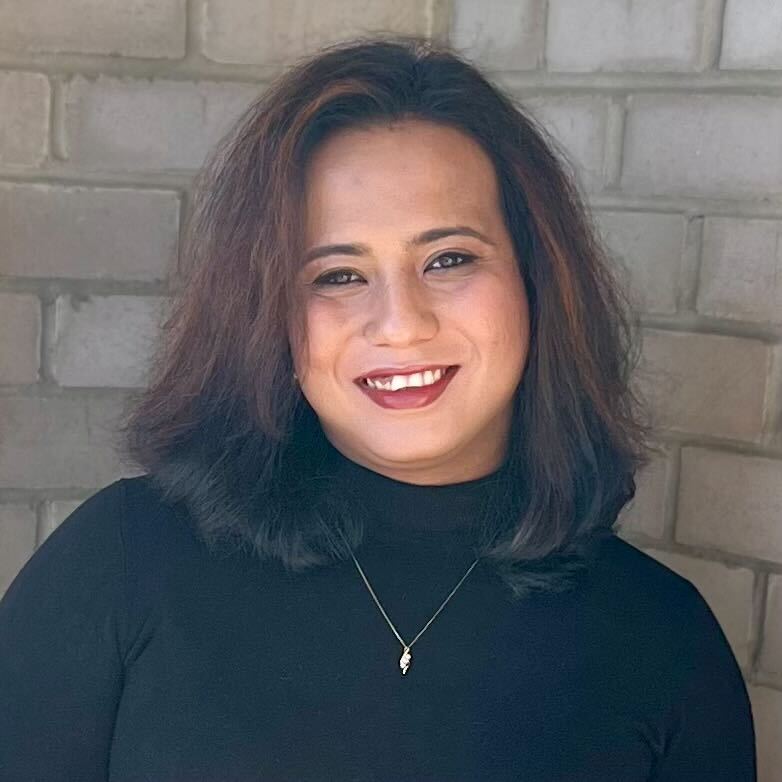
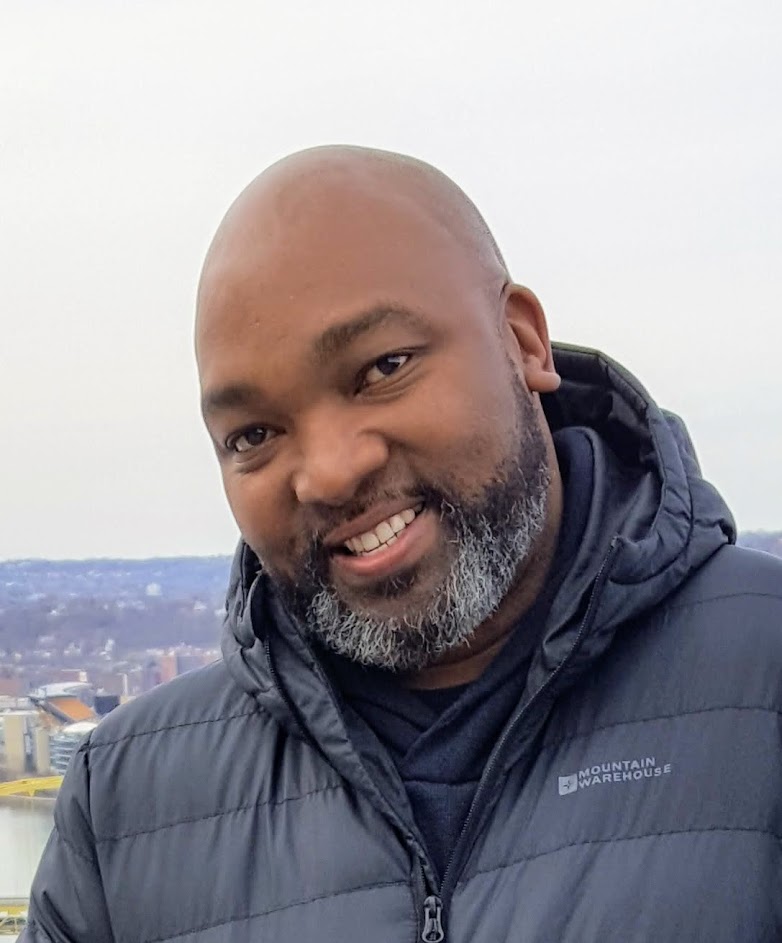
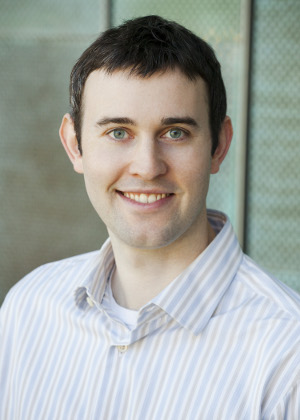

Bio
Angjoo Kanazawa is an Assistant Professor in the Department of Electrical Engineering and Computer Sciences at the University of California, Berkeley. She leads the Kanazawa AI Research (KAIR) lab under BAIR and serves on the advisory board of Wonder Dynamics. She earned her BA in Mathematics and Computer Science from NYU working with Rob Fergus, and her PhD in Computer Science at the University of Maryland, College Park, where she was advised by David Jacobs. While in graduate school, she visited the Max Planck Institute in Tübingen, Germany, under the guidance of Michael Black. Before taking up her current teaching post, she worked as a Research Scientist at Google Research, and as a BAIR postdoc at UC Berkeley advised by Jitendra Malik, Alexei A. Efros and Trevor Darrell.
Kanazawa's research lies at the intersection of computer vision, computer graphics, and machine learning. She is focused on building a system that can capture, perceive, and understand the complex ways that people and animals interact dynamically with the 3-D world--and can used that information to correctly identify the content of 2-D photos and video portraying scenes from everyday life.
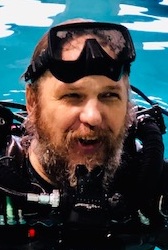
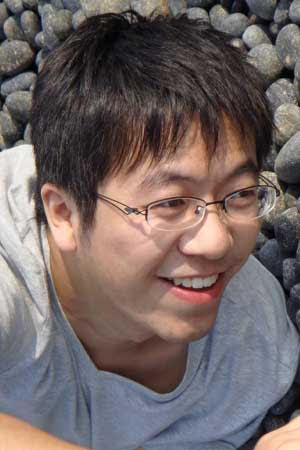
Bio
I am on the faculty of FST, University of Macau, and CSE, Texas A&M University. I lead the Computer Vision Lab. My research lies in Computer Vision, and its interactions with other fields (e.g., machine learning, robotics, NLP, HCI, and graphics), broad applications (e.g., AR/VR, autonomous driving, etc.), and diverse disciplines (e.g., biology, paleoecology, psychology, special education, etc.). My current research focus is on Visual Perception via Learning in the Open World (VPLOW). My recent paper on this topic was recognized for Best Paper / Marr Prize at ICCV 2021. I also actively apply my algorithms to interdisciplinary research including building a high-throughput pollen analysis system, which was featured by the National Science Foundation as that “opens a new era of fossil pollen research”.
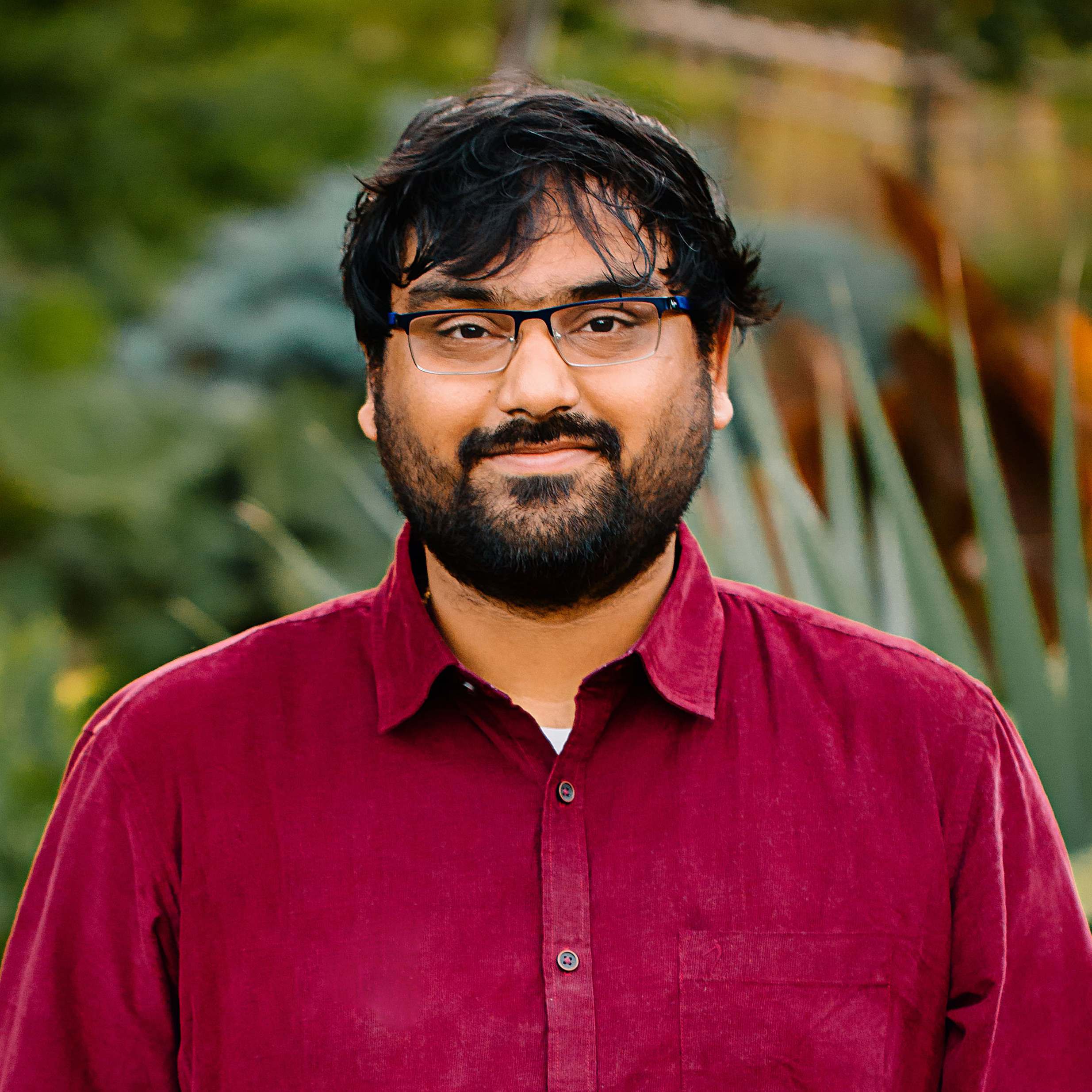

Bio
Linda Shapiro, Professor of Computer Science and Engineering, Professor of Electrical and Computer Engineering, and Adjunct Professor of Biomedical and Informatics and Medical Education, earned a bachelor's degree in mathematics from the University of Illinois in 1970 and master's and Ph.D degrees in computer science from the University of Iowa in 1972 and 1974, respectively. She was a faculty member in Computer Science at Kansas State University from 1974 to 1978 and at Virginia Polytechnic Institute and State University from 1979 to 1984. She then spent two years as Director of Intelligent Systems at Machine Vision International in Ann Arbor, Michigan. She joined the University of Washington Electrical Engineering (now ECE) Department Department in 1986 and the Computer Science and Engineering Department in 1990. Professor Shapiro's research is in computer vision with related interests in image and multimedia database systems, artificial intelligence (search, reasoning, knowledge representation, learning), and applications in medicine and robotics. She has worked heavily in knowledge-based 3D object recognition and has contributed to both the theory of object matching and to the development of experimental machine vision systems. Her current work includes robot vision, cancer biopsy analysis, brain image analysis, and semantic segmentation. Professor Shapiro was the …

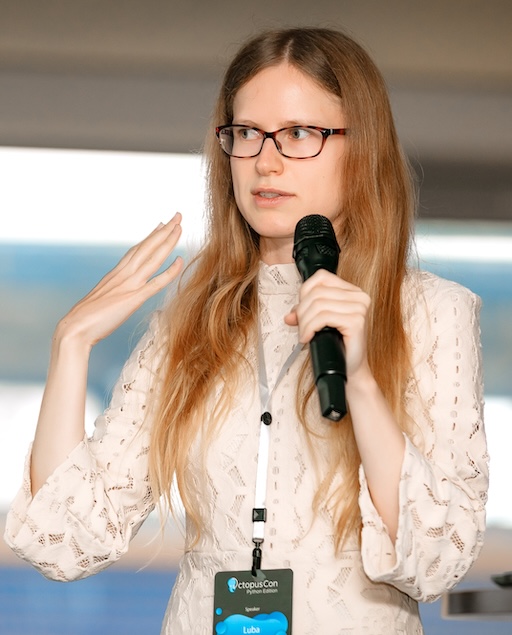
Bio
Luba Elliott is a curator and researcher specialising in AI art. She works to educate and engage the broader public about the developments in AI art through talks and exhibitions at venues across the art, business and technology spectrum including The Serpentine Galleries, V&A Museum, Feral File, ZKM Karlsruhe, The Leverhulme Centre for the Future of Intelligence, NeurIPS and ICCV. Her projects include the ART-AI Festival and the galleries aiartonline.com and computervisionart.com. She is an Honorary Senior Research Fellow at the UCL Centre for Artificial Intelligence. Prior to that, she worked in start-ups, including the art collector database Larry's List. She has a degree in Modern Languages from the University of Cambridge.


Bio
Ranjay Krishna is an Assistant Professor at the Paul G. Allen School of Computer Science & Engineering. His research lies at the intersection of computer vision and human-computer interaction. This research has received best paper, outstanding paper, and orals at CVPR, ACL, CSCW, NeurIPS, UIST, and ECCV, and has been reported by Science, Forbes, the Wall Street Journal, and PBS NOVA. His research has been supported by Google, Amazon, Cisco, Toyota Research Institute, NSF, ONR, and Yahoo. He holds a bachelor's degree in Electrical & Computer Engineering and in Computer Science from Cornell University, a master's degree in Computer Science from Stanford University, and a Ph.D. in Computer Science from Stanford University.
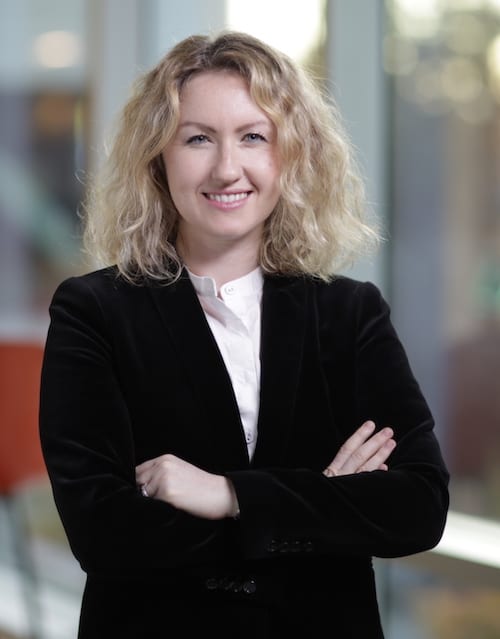
Bio
Professor Kemelmacher-Shlizerman's research is in computer vision and computer graphics with focus on Generative AI. Ira is a Professor of Computer Science at the Allen School and Director of the UW Reality Lab. Ira's PhD is in Computer Science and Applied Mathematics from the Weizmann Institute of Science. Ira's research was awarded the Google faculty award, Madrona prize, GeekWire Innovation of the Year Award, covers of CACM and SIGGRAPH, best student paper honorable mention at CVPR'21, and best demo runner up MobiSys'22. Ira served as AC and committee of most top conferences in both computer vision and graphics. She is a senior member of IEEE and Distinguished Member of ACM.
In parallel to her academic career, Ira enjoys building scalable future looking products. She has tech-transfered ``photobios" to Google in 2010, founded a startup Dreambit in 2016 that was acquired by Facebook/Meta, built a short trailers product in Meta in 2017, and most recently in 2019 founded a team responsible for Generative AI imagery, and 3d experiences for Google Shopping. She is currently a Principal Scientist/Director at Google. Ira and team invented and launched Apparel Virtual Try-On feature on google.com, 3D shoe spins on google.com, and text to image Gen …

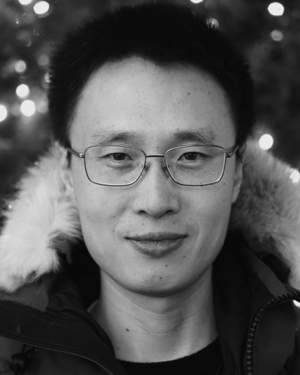
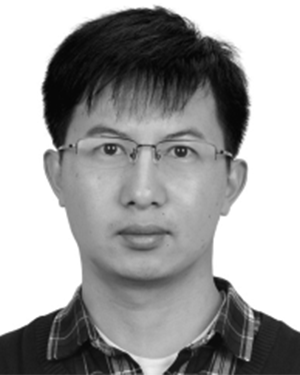
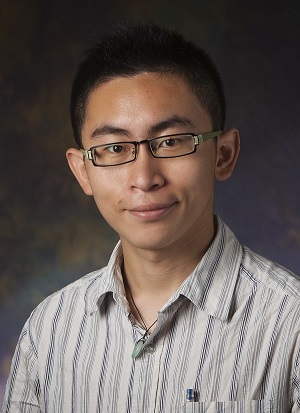


Bio
Assistant Professor as well as Founding Director of the Image and Video Computing group in the Computer Science Department at University of Colorado Boulder.
Bio
Professor of Computer Science @ Washington University in St. Louis

Bio
I am an Assistant Professor in the Department of Computer Science & Engineering at Lehigh University with research interests in the areas of Media Forensics, Computer Vision, Biometrics, Pattern Recognition and Machine Learning. I serve as a member of the IEEE Information Forensics and Security Technical Committee, IEEE Biometric Council's Editorial Board and PAMI-TC and have served in the program committee of venues such as ICPR, FG and CVPR workshops.
Prior to coming to Lehigh, I received my Ph.D. from the University of Notre Dame where I was a research assistant for DARPA's MediFor project led by Drs. Kevin Bowyer, Walter Scheirer and Patrick Flynn and a member of the Computer Vision Research Lab. As a Machine Learning Research Intern in the Document Intelligence Lab at Adobe Research, I worked on document change analysis with Drs. Rajiv Jain and Vlad Morariu during the summer of 2019. In 2015, I graduated from IIIT-Delhi with a B. Tech in Computer Science & Engineering and specialized in Image Analysis and Machine Intelligence. My undergraduate research was supervised by Drs. Mayank Vatsa and Richa Singh.

Bio
Mauricio is an Associate Professor of Instruction of Computer Science and Engineering at the University of South Florida and researcher at the Computer Vision and Pattern Recognition Group at USF. He has a doctor's degree in Computer Science from the Federal University of Paraná (UFPR), Brazil. His research interests include biometrics (3D faces, 2D faces, ears, fingerprints, gait, continuous authentication), 3D reconstruction (biometric applications and cultural heritage preservation), and remote sensing. Other computer science-related interests include programming contests and AI competitions.


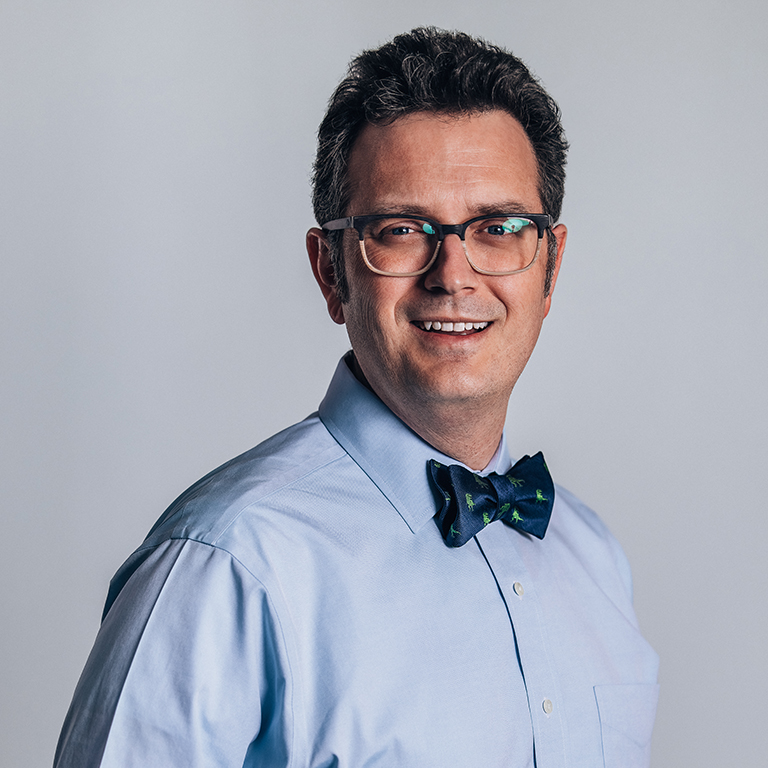
Bio
Brian Clipp, Ph.D. is an Assistant Director on Kitware’s Computer Vision Team located in Carrboro, North Carolina. He leads research and development projects across a broad range of computer vision areas. These areas include user-in-the-loop artificial intelligence, satellite image segmentation, low-shot image classification, zero-shot object detection, real-time 3D reconstruction from video, object detection and classification in infrared imagery, and depth estimation from passive, long-wave infrared sensors. He has either led or been a significant contributor to projects for the Defense Advanced Research Projects Agency (DARPA), Air Force Research Laboratory (AFRL), Office of Naval Research (ONR), Intelligence Advanced Research Projects Activity (IARPA), Night Vision and Electronic Sensors Directorate (NVESD), and National Geospatial-Intelligence Agency (NGA).
Over the course of his career, Brian has published eighteen articles in peer-reviewed proceedings and journals for international computer vision and robotics conferences. He has served as an area chair or reviewer for numerous top-tier computer vision conferences. Since joining Kitware in 2017, he has led proposals resulting in more than $4.6M in funding.
Prior to joining Kitware, Brian spent four years at URC Ventures, a startup company that focuses on commercial applications of 3D reconstruction from imagery. There, he led a team of scientists and software …



